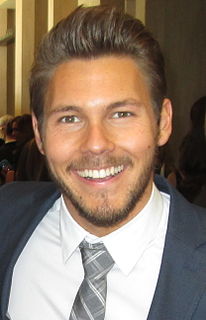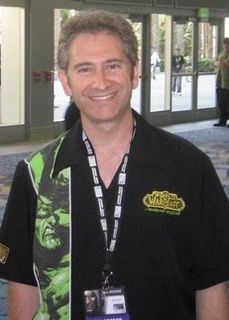A Quote by Frantz Fanon
Sometimes people hold a core belief that is very strong. When they are presented with evidence that works against that belief, the new evidence cannot be accepted. It would create a feeling that is extremely uncomfortable, called cognitive dissonance. And because it is so important to protect the core belief, they will rationalize, ignore and even deny anything that doesn't fit in with the core belief.
Related Quotes
Until the content of a belief is made clear, the appeal to accept the belief on faith is beside the point, for one would not know what one has accepted. The request for the meaning of a religious belief is logically prior to the question of accepting that belief on faith or to the question of whether that belief constitutes knowledge.
Belief is in a sense passive, an agreement or acceptance only; faith is active and positive, embracing such reliance and confidence as will lead to works. Faith in Christ comprises belief in Him, combined with trust in Him. One cannot have faith without belief; yet he may believe and still lack faith. Faith is vivified, vitalized, living belief.
If you have a belief and you come against an experience which the belief says is not possible, or, the experience is such that you have to drop the belief, what are you going to choose — the belief or the experience? The tendency of the mind is to choose the belief, to forget about the experience. That’s how you have been missing many opportunities when God has knocked at your door.
Belief is one of the most powerful organic forces in the multiverse. It may not be able to move mountains, exactly. But it can create someone who can. People get exactly the wrong idea about belief. They think it works back to front. They think the sequence is, first object, then belief. In fact, it works the other way.
Even if the absence of evidence for a given god were not evidence of its absence, it would still be evidence that the belief in that god is unreasonable. That's the only proposition that any atheist of any kind has to demonstrate in order to win the argument. Because anything beyond that... is just having fun.
I think the most harmful belief passed on to me - not always directly - was the belief that whatever I did as a Negro, however much we Negroes achieved, despite the presence of some enlightened whites, white society as a whole enjoyed being racists in the secret core of their being and would never, ever give that up.
At the time we started working on 'World of WarCraft,' I think there was a limiting belief in the games industry and maybe outside the games industry, that MMOs would only appeal to the most hard-core of hard-core players, and therefore you didn't really need to do anything to make the game accessible to the wider audience.
Belief comes spontaneously as well as by effort. Belief is power. An insincere and uninspired seeker is aware of the truth that belief is power, but he cannot go beyond understanding or awareness; whereas a sincere, genuine, devoted and surrendered seeker knows that belief is dynamic power, and he has this power as his very own.






































